What is API3 Token? Decentralized API Network
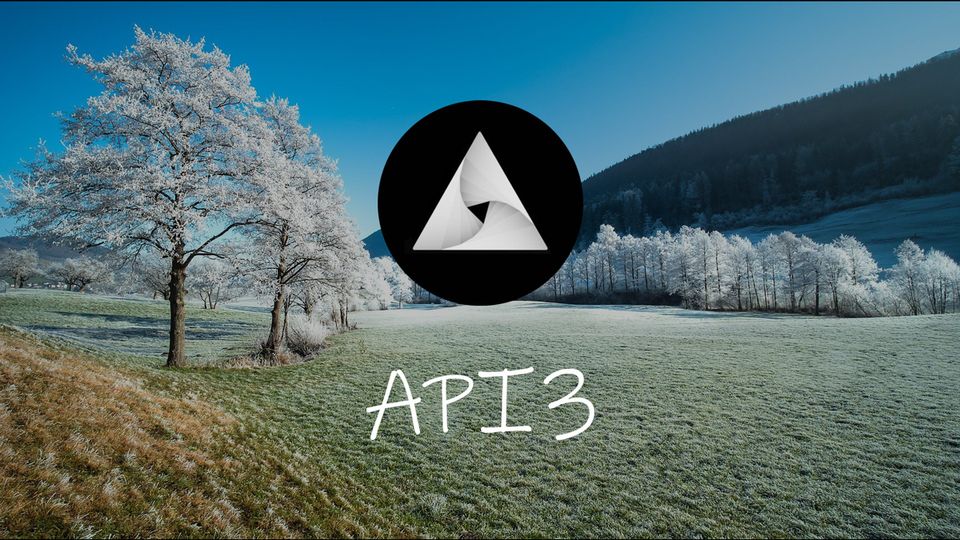
API3 is a decentralized autonomous organization (DAO) which aims to build and monetize a way for blockchains to connect with existing data provider APIs. Essentially, the team is taking an alternative approach to the so-called “Oracle problem” as they believe the industry can do better. The project is receiving a lot of attention as it is building a decentralized API (dAPI) network. People often describe it as the Chainlink Killer, hence the hype. Here we will review API3 token, along with outlining the platform’s key features and use cases.
What is API3?
To understand what API3 is building, first, we need to define what an API does. API stands for Application Programming Interface, it is a well-documented protocol for Web and mobile applications that enables the transfer of information and services. For example, a cryptocurrency exchange will have an API to provide trading data to websites such as Coingecko or Coinmarketcap. In the online era, many businesses offer their data as a monetizable service that developers can integrate into their applications for a fee. Essentially, this improves software development efficiency as the dev team does not have to build everything themselves. You can look at APIs like the building blocks of the digital world, without them many applications would simply crash.
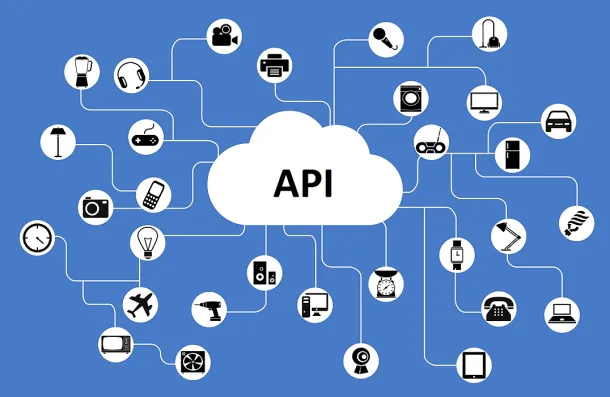
However, the problem is that the existing API infrastructure is by no means compatible with dApps and Web 3.0 decentralization. API3 enables data providers to meet the requirements of sourcing data for smart contracts without any third-party intermediaries. This is done through dAPI which is a decentralized blockchain native API network.
Value Proposition of dAPI
Currently, oracle technology functions by providing a middleware solution. For example, a Chainlink oracle node sits between the smart contract and the API of some data provider. In the blockchain world, we often champion removing the middleman – so API3 asks why have we replaced it with another middleman?
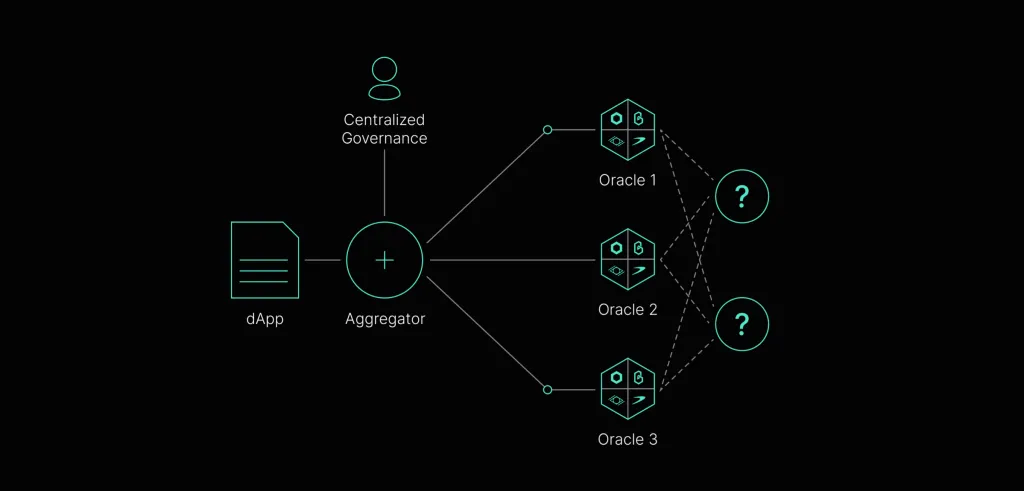
Often the oracle network is rent-seeking, meaning the cost of everything goes up. Furthermore, it created a situation where the big player Chainlink has a monopoly over data feeds. Plus how can you govern data that the oracles do not own? You can penalize the oracle node, but this does nothing to the data provider.
API3 believes the optimal solution is that API providers run their nodes. The DeFi economy is growing so rapidly, with sourcing reliable and trustworthy data being an integral part of its growth. As a result, the process must be as transparent as possible.
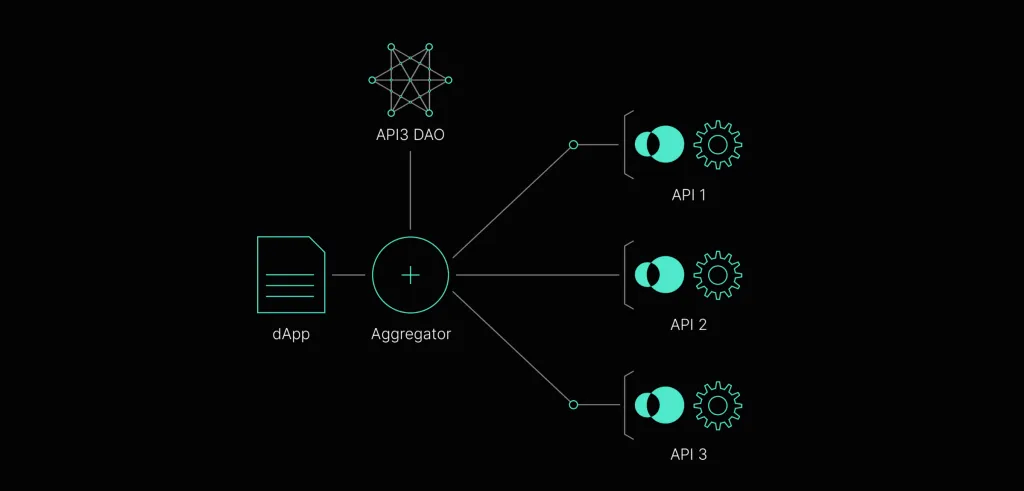
As a result, this means the oracles would be a first party oracle meaning the entity also owns the data and services they provide. Furthermore, this enables a way forward for decentralized curation of data feeds transparently. We would compare API3 approach more to Tellor or Kylin Network where there is a focus on data sourcing being transparent.
API3 Token Use Cases
API3 intends to be governed by DAO, meaning that all players of its ecosystem will drive future development and secure the network. Once the platform is fully operational the below diagram shows how interactions will work.
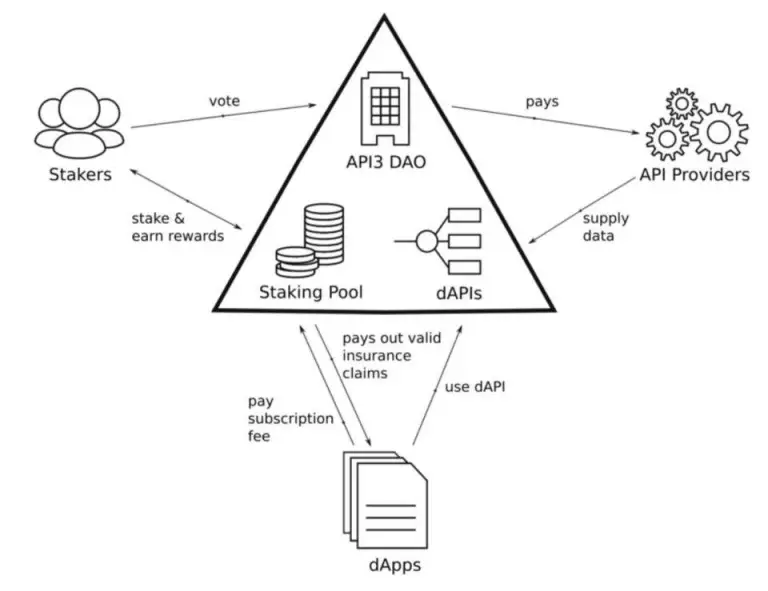
As a result API3 token will have the following use cases:
- Staking: token holders can stake API3 to earn rewards and participate in on-chain governance.
- Governance: token holders whose stake will receive voting power within API3 DAO. There is a direct economic incentive for voting, as stakers receive a portion of dAPI revenue and their staked tokens are collateral for on-chain insurance.
- Collateral: the staking pool will also act as collateral for on-chain insurance.
- Payments: there will be a subscription fee for dApps using the dAPI network. Additionally, data providers will receive payment in API3 tokens.
- Disputes: In the case of loss of revenue due to malfunction, downtime, or incorrect data, dApps using will be able to open disputes to raise an insurance claim. The team plans to use Kleros to resolve insurance claims.
Summary: The Oracle Solution?
By removing the middleman from the oracle problem, API3 is lowering the cost of using decentralized data feeds. With the rapid rise of the DeFi economy, it is estimated the top Chainlink oracle node operators are making at least $160,000 per month. Yet the monthly subscription fees these node operators pay to an API provider are probably in the realm of $100 to $200 per month! So where does this cost inflation come from? More worryingly, it’s highly likely these data providers don’t even know their data is being resold.
The core team (Chainlink) is this sort of centralized black box for the data feeds, deciding unilaterally which nodes get to serve which data feeds and also which APIs those nodes serve data from…Heikki Vänttinen, Co-founder of API3
API3 token enables these data providers to make their services available to smart contracts with no blockchain experience needed. The design will be connectable to any blockchain, meaning dAPIs will be cross-chain data solutions. Additionally, the platform will feature a transparent and open governance model which means users can trust the process from A to Z.
To summarize quickly, it’s far too early to say if API3 will be the oracle coin solution that being said, we suggest you watch their releases and announcements closely.
